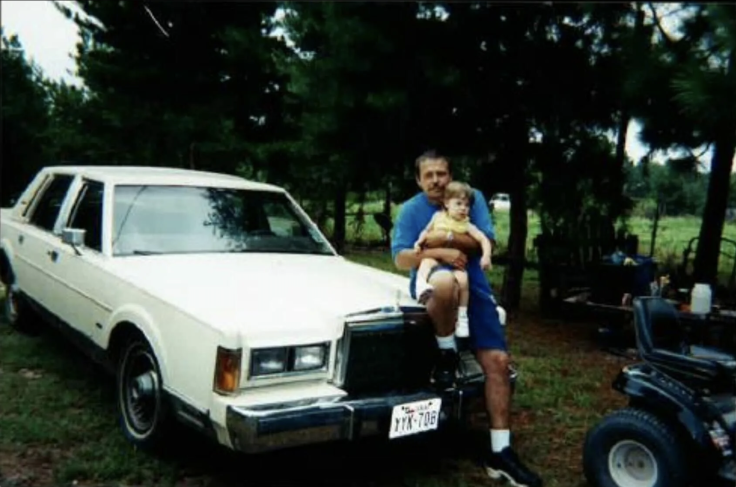
The Texas Board of Pardons and Paroles rejected Robert Roberson's request for clemency on Wednesday, paving the way for the autistic man to receive a lethal injection on Thursday. While Governor Greg Abbott does not have the power to commute the sentence, he can issue a one-time 30-day stay, allowing additional time for legal challenges and new evidence to emerge.
Roberson is scheduled to receive a lethal injection for his daughter's 2002 death, a conviction based on a syndrome that has since come under scientific scrutiny.
His defense attorney, Gretchen Sween, released the following statement in response to the board's decision:
"We urge Governor Abbott to grant a reprieve of 30 days to allow litigation to continue and have a court hear the overwhelming new medical and scientific evidence that shows Robert Roberson's chronically ill, two-year-old daughter, Nikki, died of natural and accidental causes, not abuse. A reprieve will also give Texas legislators time to investigate why Texas's vaunted 'changed science' habeas law, which allows prisoners to challenge convictions based on science that turns out to be disproven or wrong, is not being applied as intended in the courts."
Members of the Texas House Committee on Criminal Jurisprudence submitted a letter to the Texas Court of Criminal Appeals (CCA) on Tuesday requesting a stay of execution until the end of the 2025 legislative session.
This delay, they argue, would allow time for potential amendments to the law Sweeney referred to in her statement, Article 11.073, which grants relief when new scientific evidence contradicts that used in an original conviction.
The committee members claim that recent medical evidence casts doubt on the cause of Roberson's daughter's death, aligning with the intent of Article 11.073.
The committee held a hearing on Wednesday to review new medical evidence surrounding Roberson's case. Brian Wharton, the lead detective whose testimony helped convict Roberson, told the committee he believed Roberson was innocent. Wharton said the case was completely based on the now-discredited Shaken Baby Syndrome (SBS) theory.
"I am ashamed that I was so focused on finding an offender and convicting someone," Wharton told the committee. "He is an innocent man, and we are very close to killing him for something he did not do."
Roberson's case, based on the now discredited SBS diagnosis, has drawn support from medical experts, bipartisan lawmakers, and advocacy groups who also assert his innocence.
Back then, prosecutors relied on the SBS theory, which attributes specific injuries—brain swelling, bleeding over the brain, and bleeding in the eyes—to forceful shaking. However, recent research indicates that certain medical conditions, including advanced pneumonia—reported in Nikki's medical records—can cause these same injuries and lead to death.
"We built an appeals system because we know we sometimes make mistakes," Wharton said in the hearing. "This system is meaningless if no one will admit when a mistake is made—please listen to Robert, hear his voice."
With only hours left for Roberson's execution, his defense team has been working around the clock and exploring every possible legal avenue to save the Texas death row inmate's life, but so far to no avail.
On Wednesday, the CCA denied new filings of evidence, which argue no crime occurred. Additionally, a Texas judge recently rejected their motion to vacate the execution warrant and remove the judge assigned to Roberson's case, whom the defense claims is "biased" and "not properly assigned."
In a very similar case on Oct. 9, the CCA granted a new trial for a Dallas man, Andrew Roark, convicted in 2000 under the Shaken Baby/Shaken Impact hypothesis because the 'science' used to convict him, which Sweeney argues, was the same evidence used to convict Roberson.
"Consistency demands that if Mr. Roark was given a new trial, Mr. Roberson must also be given a new trial. But so far, no court has been willing to consider three new expert reports showing that Nikki died of pneumonia, proof that Mr. Roberson is innocent of any crime," she wrote in a statement.
A coalition of advocates, including an autism advocacy leader and Texas exonerees delivered over 116,000 petition signatures to Governor Abbott on Wednesday urging that Roberson's execution be stopped.
Abbott has yet to publicly respond to Roberson's request of a 30-day reprieve.
© 2025 Latin Times. All rights reserved. Do not reproduce without permission.





